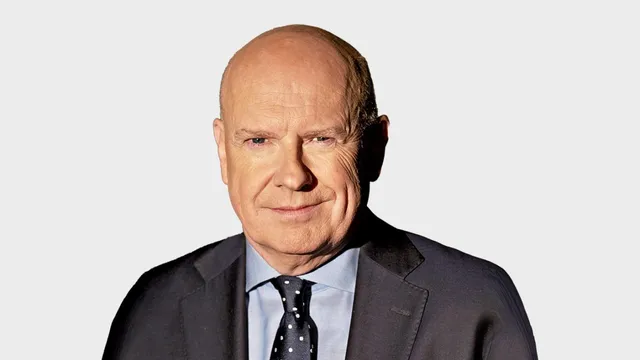
Young socialist candidate Zohran Mamdani wins NYC mayoral primary
2025-06-26 19:04- Zohran Mamdani won the Democratic Mayoral primary in New York City.
- His campaign emphasizes free services and progressive policies to address the city's affordability crisis.
- Mamdani's victory highlights a rising trend of socialist influence within the Democratic Party.
Express your sentiment!
Insights
In an unexpected turn of events in the United States, Zohran Mamdani, a 33-year-old self-described socialist, emerged victorious in the New York City Democratic Mayoral primary contested earlier this week. Known for his progressive platform, Mamdani has garnered significant momentum by proposing a wide array of initiatives aimed at addressing affordability issues in the city. His platform includes ambitious policies such as freezing rents for rent-stabilized tenants, implementing free public transit, and establishing city-owned grocery stores that prioritize low prices. Notably, he also aims to provide free universal childcare services to families in the city. Mamdani's rise in the political landscape can be attributed to his robust outreach to younger voters, who support his vision for a more equitable New York City. On the campaign trail, he highlighted the city's affordability crisis, which resonates deeply with many residents struggling with rising living costs. His proposals to increase funding for various public services, including the creation of a New York City Department of Community Safety, which would focus on outreach and gun violence prevention, further solidified his appeal among voters who crave substantive change in governance. Despite facing formidable competition from experienced politicians like former Governor Andrew Cuomo and NYC Comptroller Brad Lander, Mamdani's efforts highlighted a transformative moment in New York City's Democratic primary elections. His campaign received significant endorsements from prominent figures such as Senator Bernie Sanders and Representative Alexandria Ocasio-Cortez, establishing his credibility and aligning him with the broader progressive movement within the party. The use of ranked-choice voting contributed to the complexities of the election, impacting how votes were tallied and counted, extending the timeline for official results. While the general election is scheduled for November, the primary results signal a deep-rooted shift in the political landscape of New York City. As discussions unfold around a potential general election showdown with current Mayor Eric Adams and others, Mamdani's victory underscores a growing faction within the Democratic Party that seeks radical change. With concerns raised about his past remarks and the implications of his policies on various sectors, the election is poised to become a pivotal point of contention among voters, reflecting broader ideological divides present in contemporary American politics.
Contexts
The impact of socialist policies on urban governance can be profound, influencing various facets of city management and public service delivery. These policies often prioritize the provision of public goods and services, aiming to foster equity and social justice within urban environments. By emphasizing collective ownership and community participation, socialist governance models seek to address systemic inequalities that persist in urban settings. This report examines how these policies shape urban governance outcomes, highlighting both successes and challenges faced by cities that adopt such principles. One significant area where socialist policies manifest is in housing and urban development. By promoting affordable housing initiatives and rent control measures, socialist governance attempts to ensure that citizens have access to habitable living conditions, regardless of their economic status. This can lead to improved quality of life for lower-income residents and mitigate issues related to homelessness and housing insecurity. However, the implementation of these policies often encounters resistance from various stakeholders, including property owners and real estate developers, which can create tensions between social equity goals and market dynamics. Additionally, socialist policies often result in an increased emphasis on democratic participation in urban governance. By fostering participatory planning processes and community engagement efforts, cities adopting these approaches empower residents to have a voice in the decision-making processes that directly affect their lives. This can enhance transparency and accountability in governance, fostering a sense of community and shared responsibility among residents. However, achieving meaningful engagement can be complicated, as there may be disparities in the ability of different community groups to participate fully in these processes. Lastly, the economic implications of socialist policies in urban governance require careful consideration. While these approaches may aim to redistribute resources and provide for the public good, they can also lead to challenges such as inefficiencies, bureaucratic obstacles, and potential disincentives for private investment. Balancing the need for social welfare with economic sustainability is crucial for the long-term success of urban governance strategies. As cities navigate the complexities of implementing socialist policies, they must strive to create inclusive and resilient urban environments that benefit all residents.